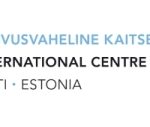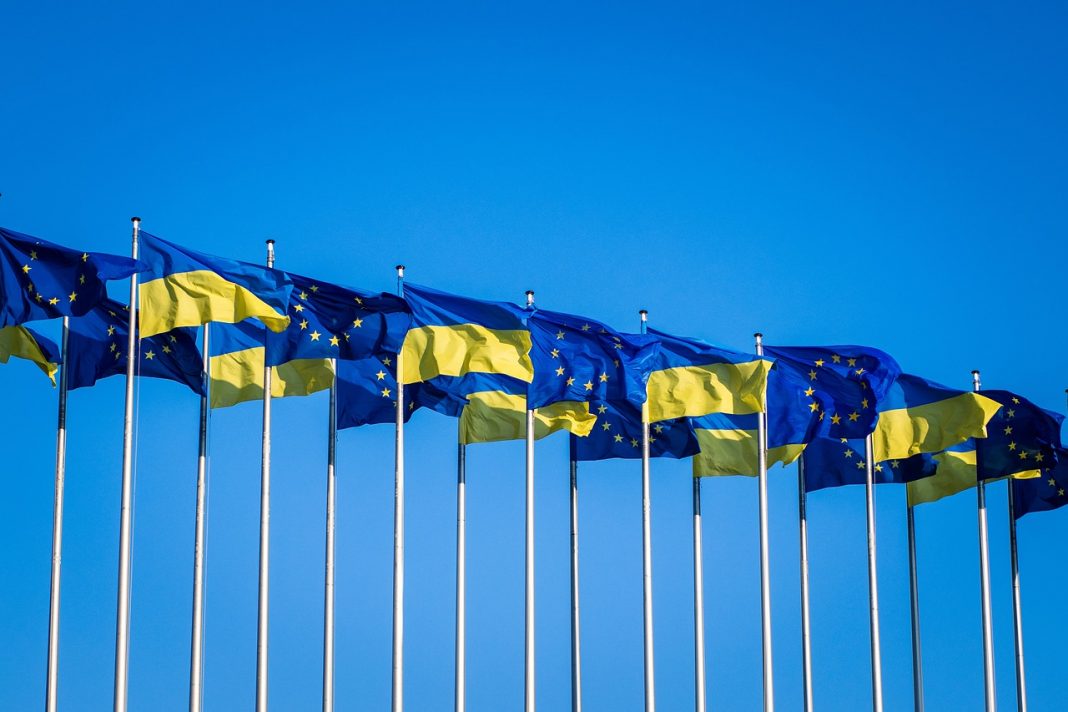In Estonian politics, there is a widespread agreement on the security and prosperity benefits of EU enlargement, particularly regarding Ukraine, but also for other candidate countries. However, nuances exist among different parties regarding the trade-off between the geopolitical argument for enlargement and the potential losses that Estonia might face. Concerns about the possible economic competition from Ukraine and the EU budget implications are not as prominent as in some other member states, because Estonia’s strong economic performance since joining the Union itself in 2004 has brought it close to the EU average. Russia’s war in Ukraine has somewhat increased acceptance of expanding qualified majority voting in Common Foreign and Security Policy. However, neither the government nor the parties actively support the idea, seeing the veto power as strenghtening the leverage of the small states. Similarly, there is a widespread reluctance to reduce the number of the Commissionners. The government and all parties maintain a preference for a strictly merit based approach to EU enlargement – even in the case of Ukraine, with Estonian politicians emphasising caution to avoid raising false hopes.
Author: Merili Arjakas, Editor-in-Chief of Diplomaatia, Junior Research Fellow, ICDS.
This text has originally been published on the ICDS website.



